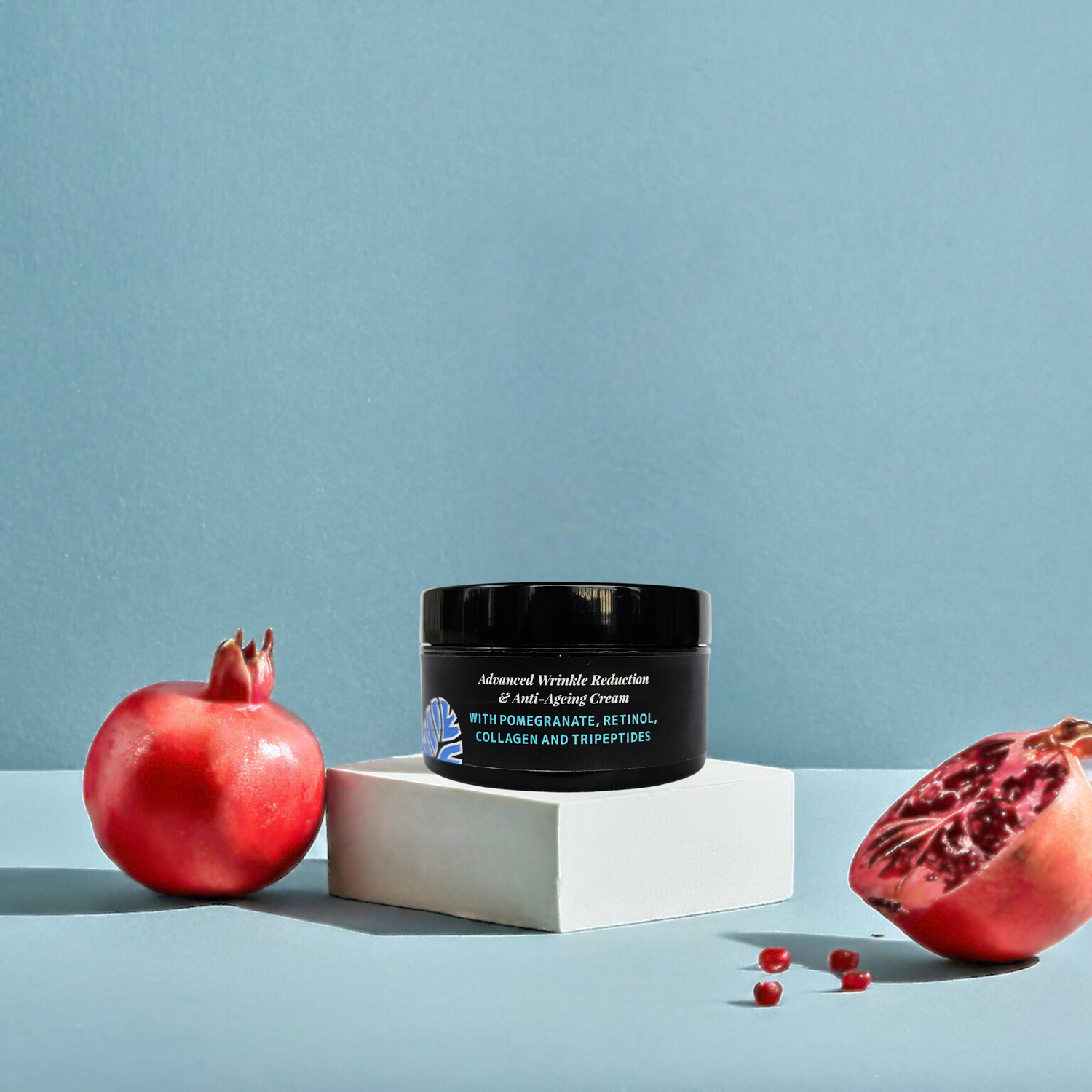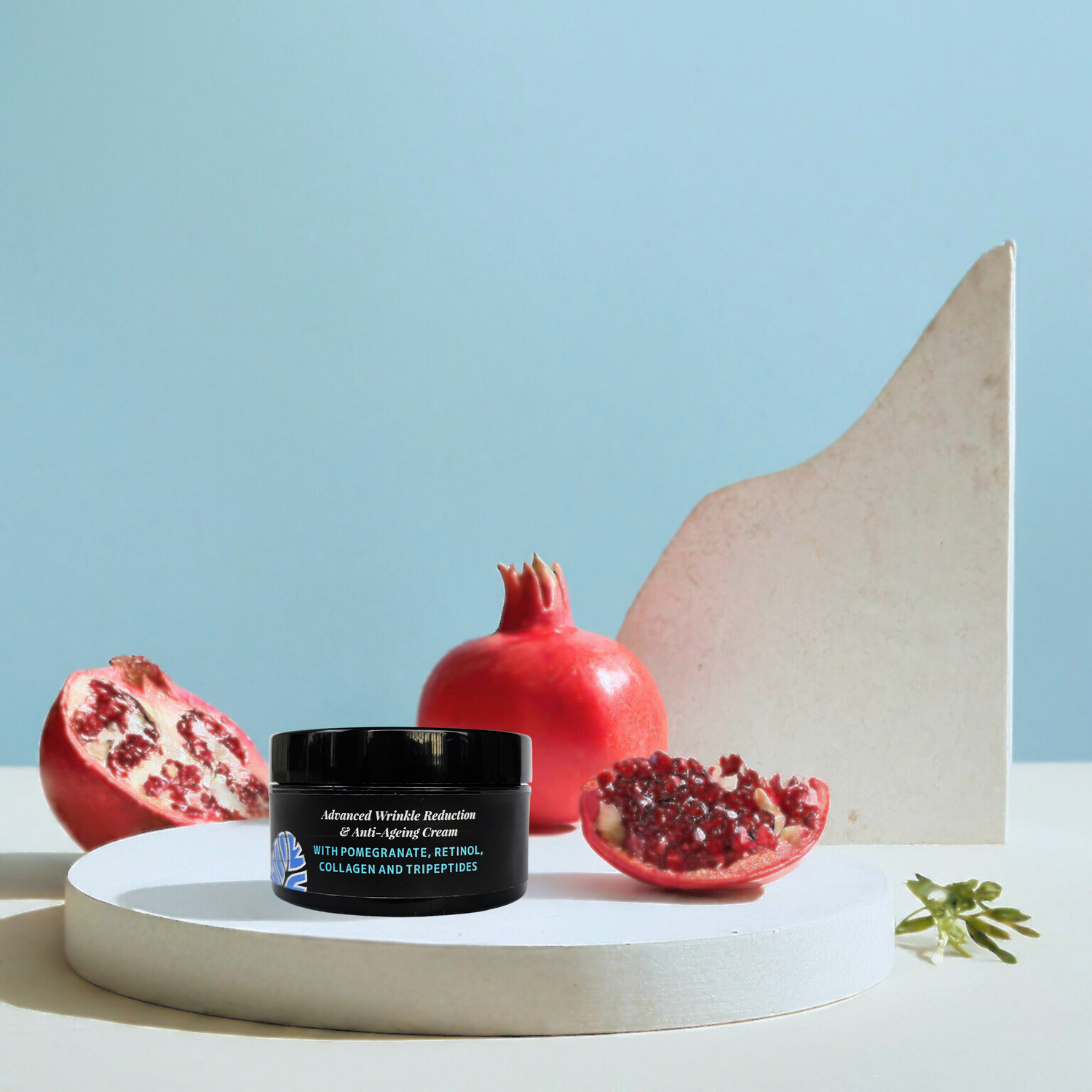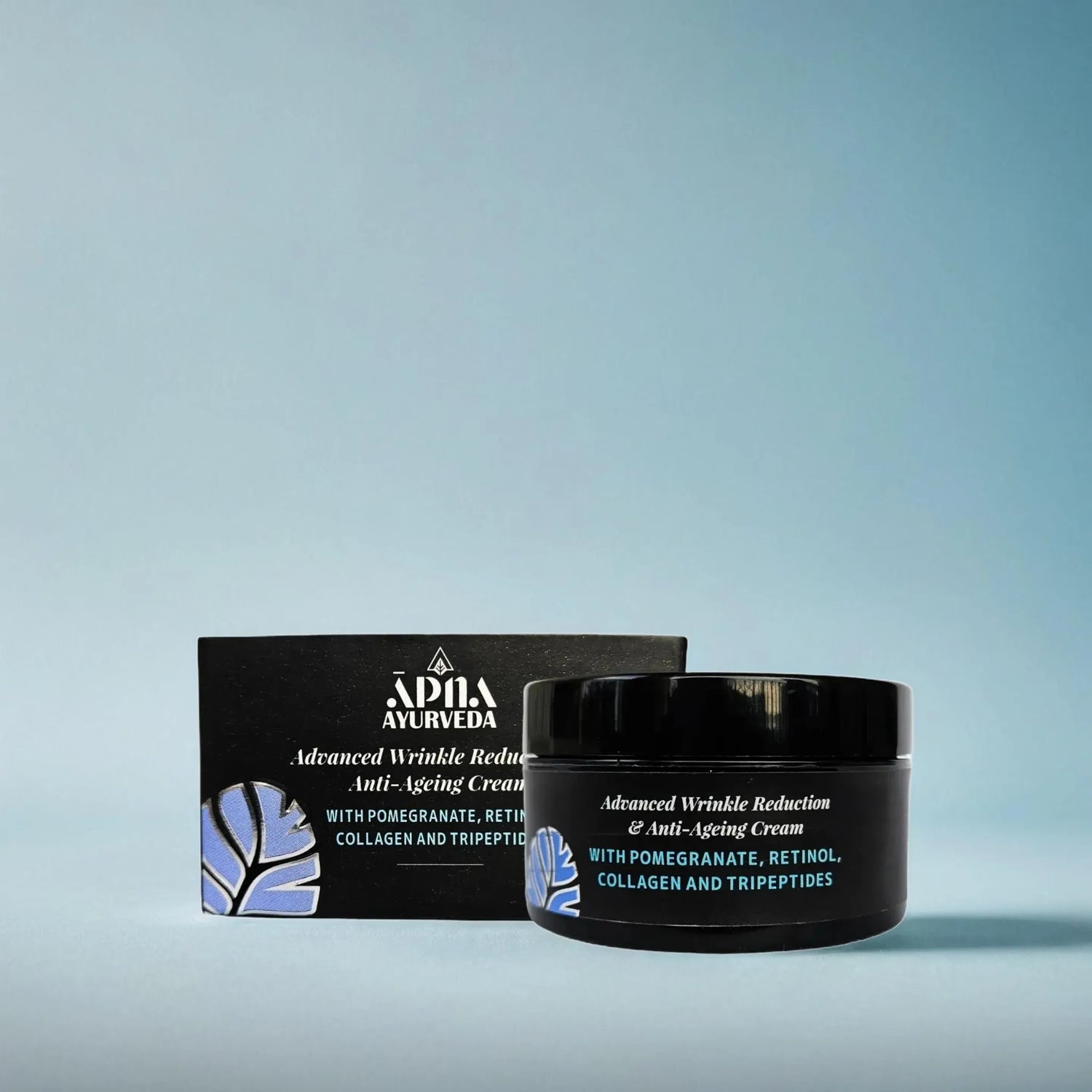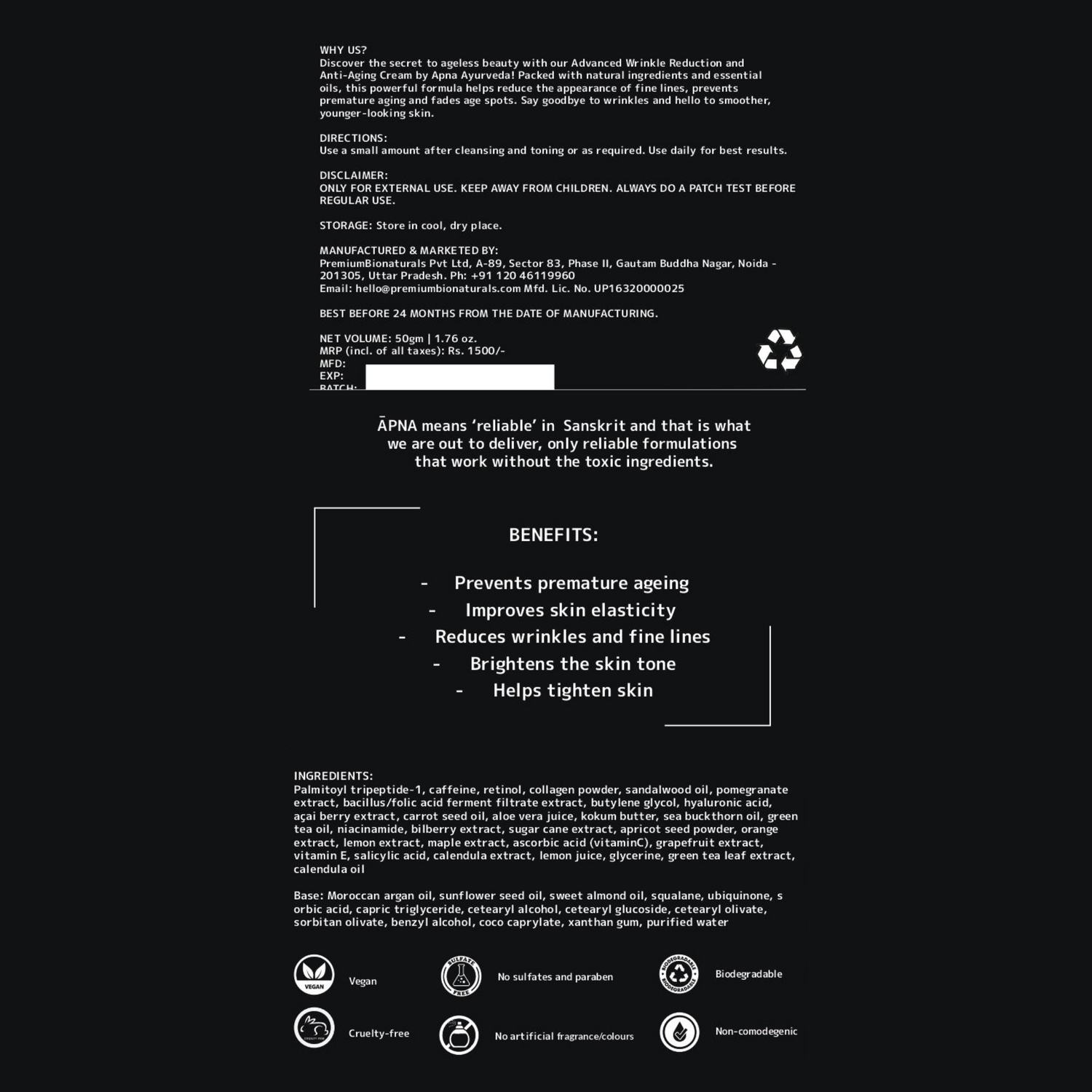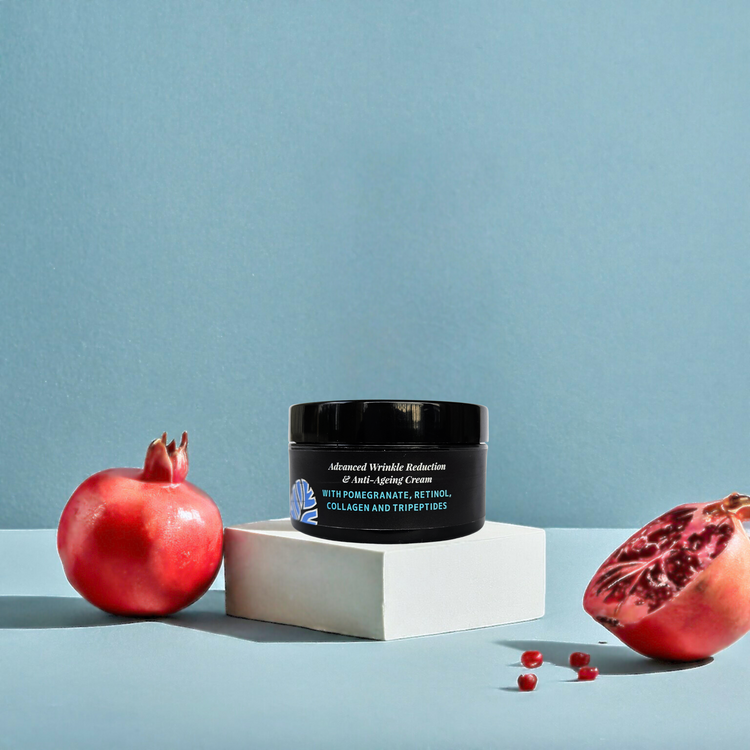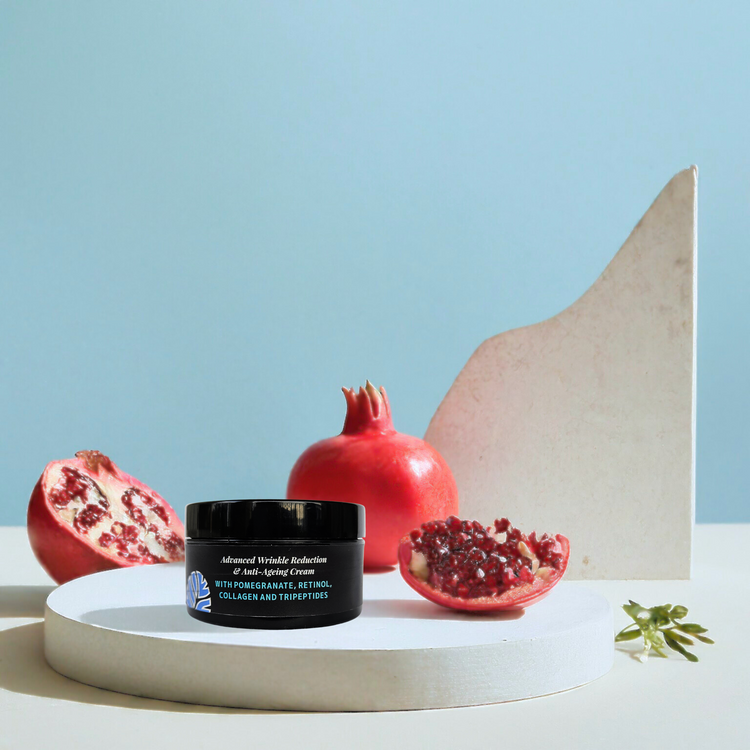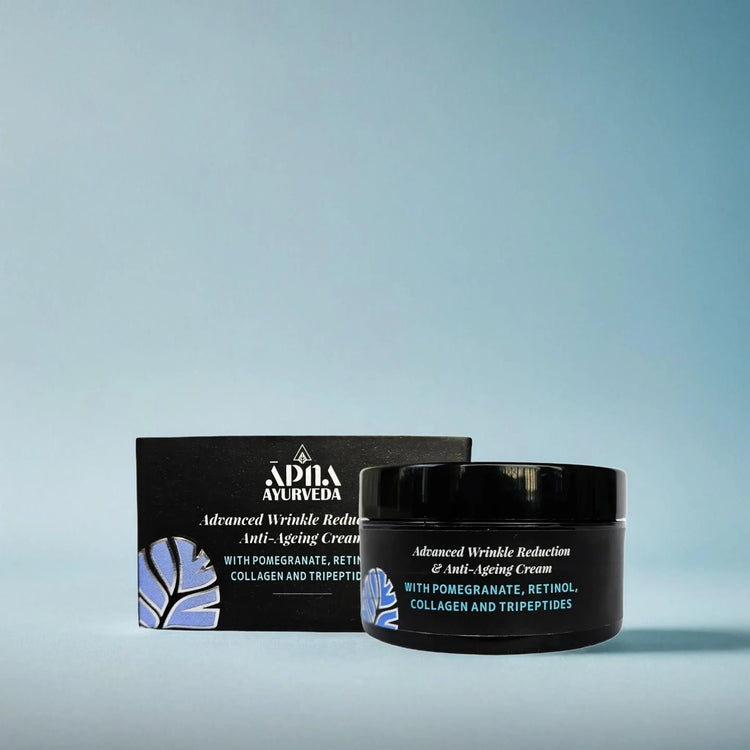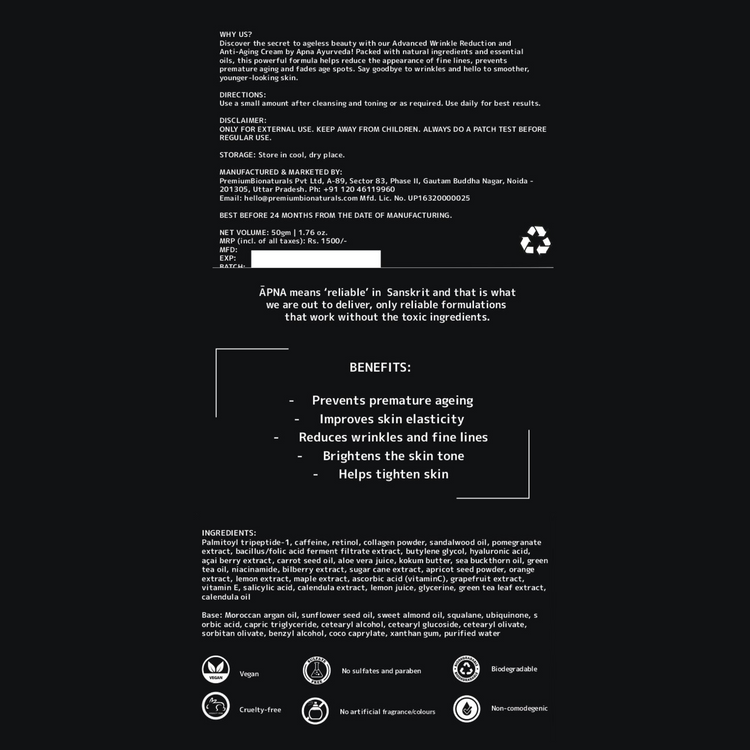Everyone wants a head of thick, shiny hair, but most of us may need a little help along the way — and hey, that’s okay! About half of all women may experience hair thinning, commonly known as female pattern hair loss, at some point in their lifetime. One nutrient that has increased attention for its potential role in reducing hair loss is folic acid.
From thinning hair, to a dull scalp, Vitamin B9 (folic acid) could be your hidden hair hero. Folic acid for hair is equally essential for cell renewal, scalp nourishment, and promotes healthy hair growth. If you’re in your 20s or 30s and dealing with signs of hair loss, now’s the perfect time to understand how folic acid benefits for hair and why it’s worth including in your routine.
This guide will walk through the 101 of folic acid for hair growth, from benefits to potential alternatives. Let’s get into it!

What Is Folic Acid (Vitamin B9)?
Folic acid is an important B-vitamin that is crucial for proper cell growth and function. It is involved in the production of DNA and the formation of red blood cells and is also essential for overall health and wellbeing.
-
Supports the creation of new cells, especially fast-growing ones like hair.
-
Helps in the repair of damaged tissues, which keeps your scalp healthy.
-
Folic acid is particularly important during periods of rapid growth, such as pregnancy, but it also contributes to the health of your skin, nails, and hair.
A deficiency in folate can lead to a range of health issues, which includes anemia, fatigue, and potentially, hair loss. Taking the proper amount of this vitamin is crucial for maintaining overall health. Think of it as the behind-the-scenes builder making sure your hair has a solid foundation.
Does Folic Acid Help With Hair Loss?
Wondering does folic acid help in hair growth or if it’s just another wellness trend? Folic acid and hair loss have a connection when your body notices that you have a shortage of this vitamin, this condition is called folic acid deficiency and can lead to a range of health problems, including hair issues. Symptoms on hair can be weakness and brittle hairs.
-
It boosts red blood cell formation to improve scalp health.
-
Enhances delivery of nutrients to hair follicles.
-
Reduces breakage and excessive shedding.
If you're dealing with persistent hair fall, supplementing with biotin and folic acid or using topical products which contain folic acid can offer noticeable improvements in your hair care journey.

Try our Āpna Ayurveda’s Hydrating Daily Cleanser which contains folic acid in it. Give your skin a refreshing start every day.
Benefits of Folic Acid for Hair Health
It seems like folic acid or folate could help improve hair growth if you have a deficiency. It might help in other ways as well.
-
A small study published in 2017 looked at the possible relationship between folic acid, vitamin B12 and biotin in people with premature canities (aka premature greying hair).
-
Using data from 52 volunteers, researchers found that premature grey hair was associated with lower serum folic acid, vitamin B12 and biotin levels.
So if you’re starting to see some greying and not yet ready to embrace the silver fox look, it might be worth upping your B vitamins.
Sources of Folic Acid
Supplementation is available if you’re deficient in vitamin B-9. However, for most people, it’s relatively easy to get enough of this vitamin through a healthy, balanced diet.
Certain whole foods are natural sources of folate, such as:
-
beans
-
broccoli
-
citrus fruits
-
green leafy vegetables
-
meat
-
nuts
-
poultry
-
wheat germ

Supplement Sources:
For individuals who struggle to get enough folic acid from their diet, supplements can be an effective alternative. Folic acid supplements are widely available and can help address deficiencies that may contribute to hair loss.
A nutrient-rich diet combined with suitable products, such as our Āpna Ayurveda’s Anti-Ageing Cream (consists of folic acid), can support overall skin and hair health. Always consult a healthcare provider before starting new supplements.
How much folic acid for hair growth?
The Center for Disease control recommends taking 400 micrograms (mcg) of folic acid daily to help with hair follicle production and to produce healthy, full hair. The vitamin is safe to take especially in folic acid supplements for hair growth that are specially designed to be supporting hair tablets.
Deficiency Signs & Supplement Advice
Lack of folic acid for hair fall can present in more ways than just hair shedding. Paying attention to your body’s warning signs can help you act early.
Symptoms of Folate Deficiency:
-
Thinning hair and reduced volume
-
Brittle nails and dry skin
-
Chronic fatigue and irritability
-
Poor wound healing and weak immunity

When to Supplement:
-
If your diet lacks variety or is low in greens.
-
After consulting a dermatologist or GP.
-
Alongside biotin and folic acid for a combined effect.
A deficiency might not just affect your hair—it could impact your entire well-being. Vitamin B complex hair loss support is best addressed through a balanced approach of nutrition, supplements, and personal care products.
Frequently Asked Questions:
Q1) Can folic acid really stop hair fall?
A) Folic acid can potentially help with hair loss if you have a deficiency, but it's not a guaranteed solution for everyone.
Q2) What are the best food sources of folic acid for hair growth?
A) Leafy green vegetables, such as cabbage, kale, spring greens and spinach.
Q3) How much folic acid should I take daily for hair health?
A) It is recommended to take 400 micrograms (mcg) of folic acid daily.
Q4) Does folic acid work better when combined with other vitamins?
A) Talk to your pharmacist or doctor before taking any herbal remedies, supplements or vitamins together with folic acid.
Q5) Are there any side effects of taking folic acid supplements?
A) Yes, it includes stomach upset, nausea, diarrhoea, irritability, confusion, behaviour changes, skin reactions, seizures, and other side effects.
Folic acid is an integral part of the nutrients your body needs to make new cells, and folic acid for hair fall can be the silent strengthener in your routine. Instead, focus on making sure you get enough folic acid for your overall health. In turn, your hair will benefit too.
See your doctor if you have specific concerns with hair growth. If you’re suddenly losing large amounts of hair and have bald spots, this could indicate an underlying medical issue such as alopecia or a hormonal imbalance. Such conditions can’t be treated with folic acid..
Also, don’t forget to check out our guide on Say Goodbye to Flakes – Effective Home Remedies for Dandruff and Itchy Scalp if scalp health is a concern!


